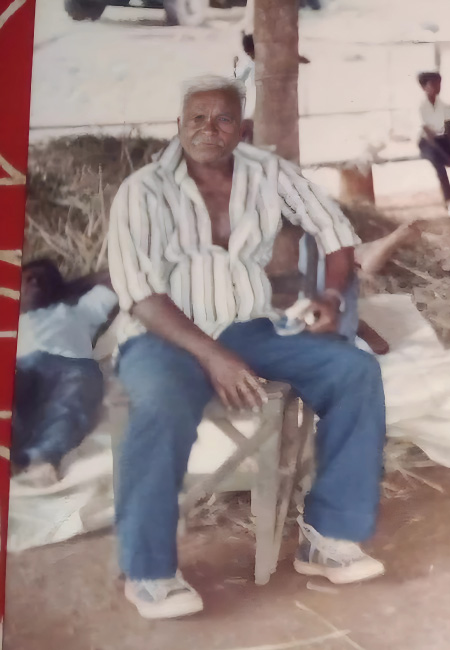After laying the strong foundations of resilience, education, and work ethic during his formative years, Dr. Sudesh Kumar took his first bold step into the professional world through the Public Works Department of Fiji. Here, the lessons he had learned in classrooms and in the fields were brought to life. But what truly distinguished this phase of his journey was not just the application of technical knowledge—it was his ability to adapt, grow, and lead in environments that were completely new, challenging, and far outside his comfort zone.
At Public Works, he started as a junior technical assistant. Despite the entry-level title, the responsibilities were enormous—working on projects ranging from roads, bridges, reservoirs, jetties, buildings, and hospitals, often involving coordination with architects, surveyors, and other engineers. “I was learning every day,” Dr. Kumar recalls. “It was more than just civil engineering; it was about people management, time management, and community service.”
His capacity to juggle multiple roles soon caught the attention of senior officers, and his growth was rapid. Recognizing his potential, the department began sponsoring him for further studies, investing in the very foundation of his future leadership. He didn’t take this support lightly. He worked harder, studied deeper, and began rising through the ranks—not just in title, but in capability.
But what came next would surprise even him. Driven by an eagerness to explore new arenas, and guided by a sense of confidence in his growing skills, Dr. Kumar stepped into a completely different sector—finance and banking. It was a leap not many engineers would consider, but he was never one to follow convention.
He joined Home Finance Company Limited (HFC) as a Building Inspector and was later promoted to Acting Branch Manager in the western division. At just 25 years old, Dr. Kumar was placed in a leadership position most would have waited decades for. “I was managing loans, valuations, property portfolios—things I never imagined myself doing as a civil engineer,” he shares. The company trusted him not because of his financial background—he had none—but because of his reliability, problem-solving mindset, and remarkable ability to learn fast.
In a very short span, Dr. Kumar’s work began to speak for itself. When he joined, the lending portfolio of the branch stood at $6 million. By the time he left, it had grown to an impressive $16.6 million. “I was assessing loans of up to a quarter million dollars, handling property inspections, and managing customer relationships,” he says. “I didn’t have formal training in finance, but I had common sense, diligence, and the ability to listen and adapt.”


